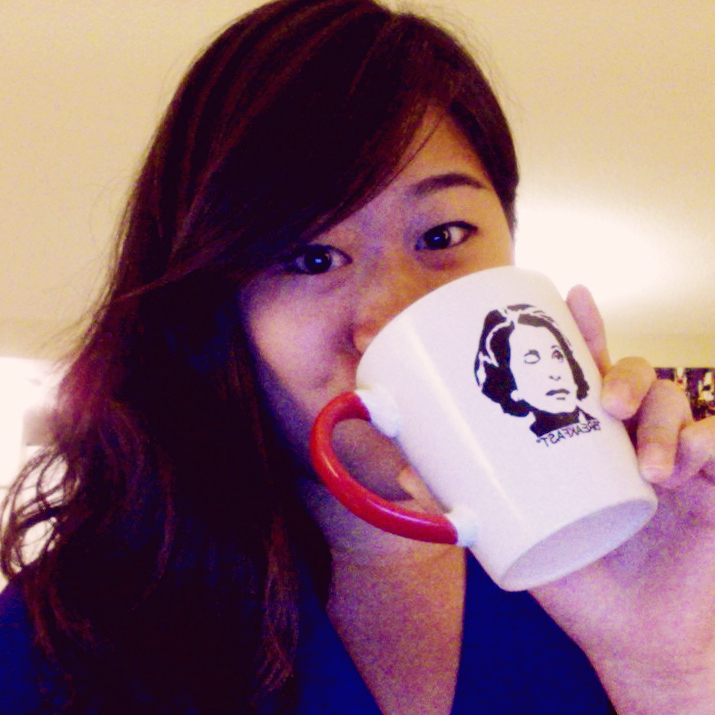This Audio Hackathon
In today’s blog post, insights from audio creators, projects that tackle problems in audio storytelling, and takeaways from two days of brainstorming and building.
From ThoughtWorks NYC, it’s This American Life: (The Audio Hackathon).
Act One
When I listen to podcasts, I get lost in them. I laugh out loud in the grocery store, shake my head at something the host says, or even nod along in agreement with a particularly resonating segment. It is a profoundly personal experience, listening to a podcast. Though content and structure are absolutely the most important aspects of good audio storytelling, this past weekend I was exposed to a whole range of topics concerning podcast listeners and creators that I hadn’t ever given much thought to.
The overarching themes included audio analytics, distribution, flexibility, audience development, funding, and sharing. Andrew Kuklewicz talked about audio distribution, Anne Wootton gave an overview of Audiosear.ch’s full-text search and discovery capabilities, Ira Glass’s head proposed expanding audience on mobile, and Alex Blumberg talked about finance and the “enthusiasm economy” of podcasts.
Many of the speakers discussed what it is they would like to see built at this hackathon. Some articulated it really clearly, while others like Ira Glass said that coming up with those solutions might be better left to non-podcast-creating people. I think that this is always a really interesting question - who decides what gets built? For this weekend in particular, technology and design were obviously in the forefront, but every project had a heavy focus on the role and importance of audio creators and the storytelling experiences that they craft.
Act Two
Twelve teams, thirteen projects. My team built SoundBits, a tool for podcast episode discovery. Users looking to discover old episodes of shows they love or podcast newbies looking to “skim” episodes before making a 20-60 minute listening commitment swipe through curated clips (Tinder rules apply: left for no, right for yes). SoundBits then creates a custom playlist with those episodes that the user swiped right on that can be played in any podcast app. Of the six people on my team, five of us were developers, and so with division of labor, we focused on building out the main components of our application — a responsive web app backed by a custom Rails API that then generates a custom RSS feed based on the user’s choices.
So much #audiohack pic.twitter.com/LZ8lyMcFke
— Rob Heydari (@robheydari) September 20, 2015I’ve been to a few hackathons that are similar in that there is no standard deliverable that must be consistent across all teams, and I find that interdisciplinary teams at such events (even when formed in advance) play out in really interesting ways. Some hone in on the technical implementation of specific tools, while others focus on fleshing out working prototypes or building proofs of concept. One of my favorite projects was actually less technical - My Radio Class, a seven-part email campaign designed to be a crash course in understanding podcasts. I think it’s great that different teams tackled two sides of the same coin: ideation and implementation.
Act Three
Before we even started breaking off into groups, we were told that the focus of the weekend was on collaboration, not competition. I appreciated that the hackathon emphasized this common goal, because in the end we’re all winners.. Since the hackathon’s aim was “brainstorming and implementing new and exciting ways to hear the world,” I’m glad that the organizers prioritized diversity and inclusion (and they even released the statistics to back it up!).
Audio Hackathon end of day 1 @lamthuyvo @imontheradio @jmfbrooks #audiohack pic.twitter.com/KE9VRMLLeZ
— Leonard Bogdonoff (@rememberlenny) September 19, 2015This is the third hackathon I’ve been to, and I’ve realized that they can be really great spaces to:
- build something that you otherwise wouldn’t have time for
- learn new things (i.e. I finally understand what Bower is)
- meet awesome people
- surprise yourself
The big takeaway for me this time was – what now? Because we have to go back to our real lives, what happens to all these great things that we came up with over a weekend? Though building and shipping anything on a deadline is a huge challenge, I think maintaining all the good energy and momentum from hackathons to really carry projects forward is an even bigger one. (Because I really just want so many of these things to become real things.)
